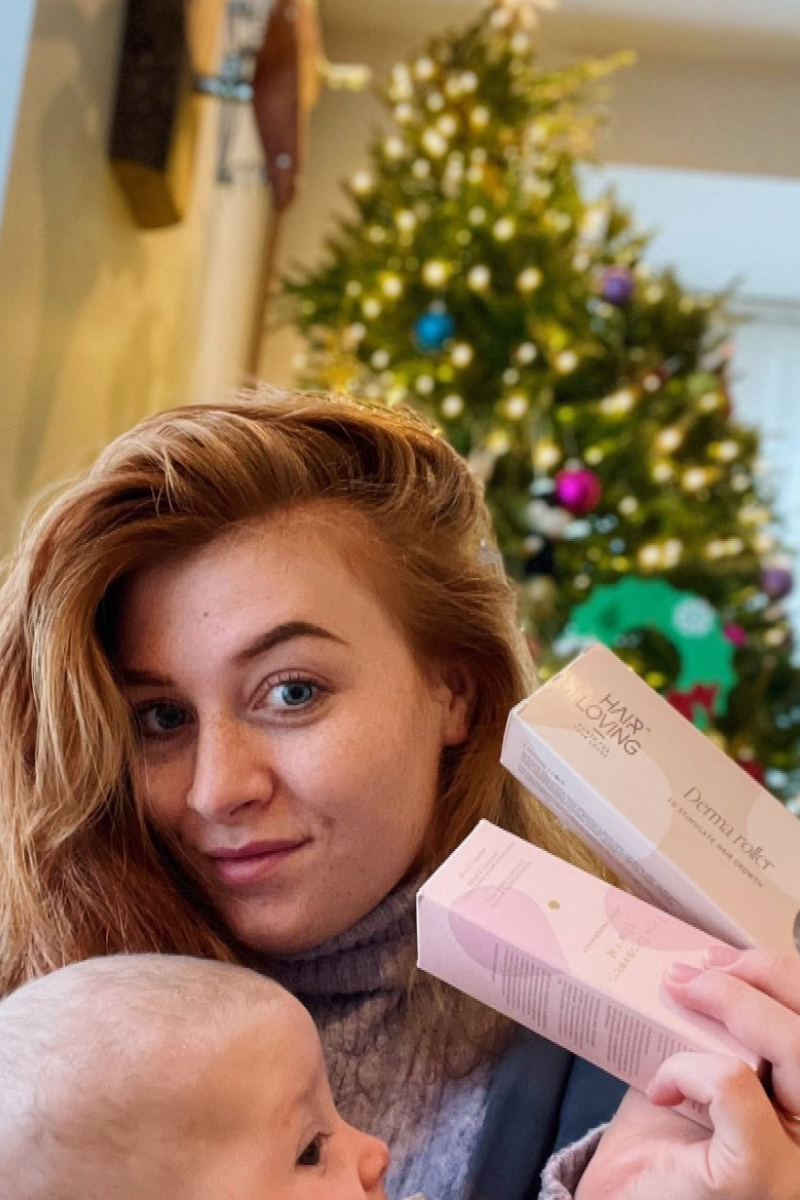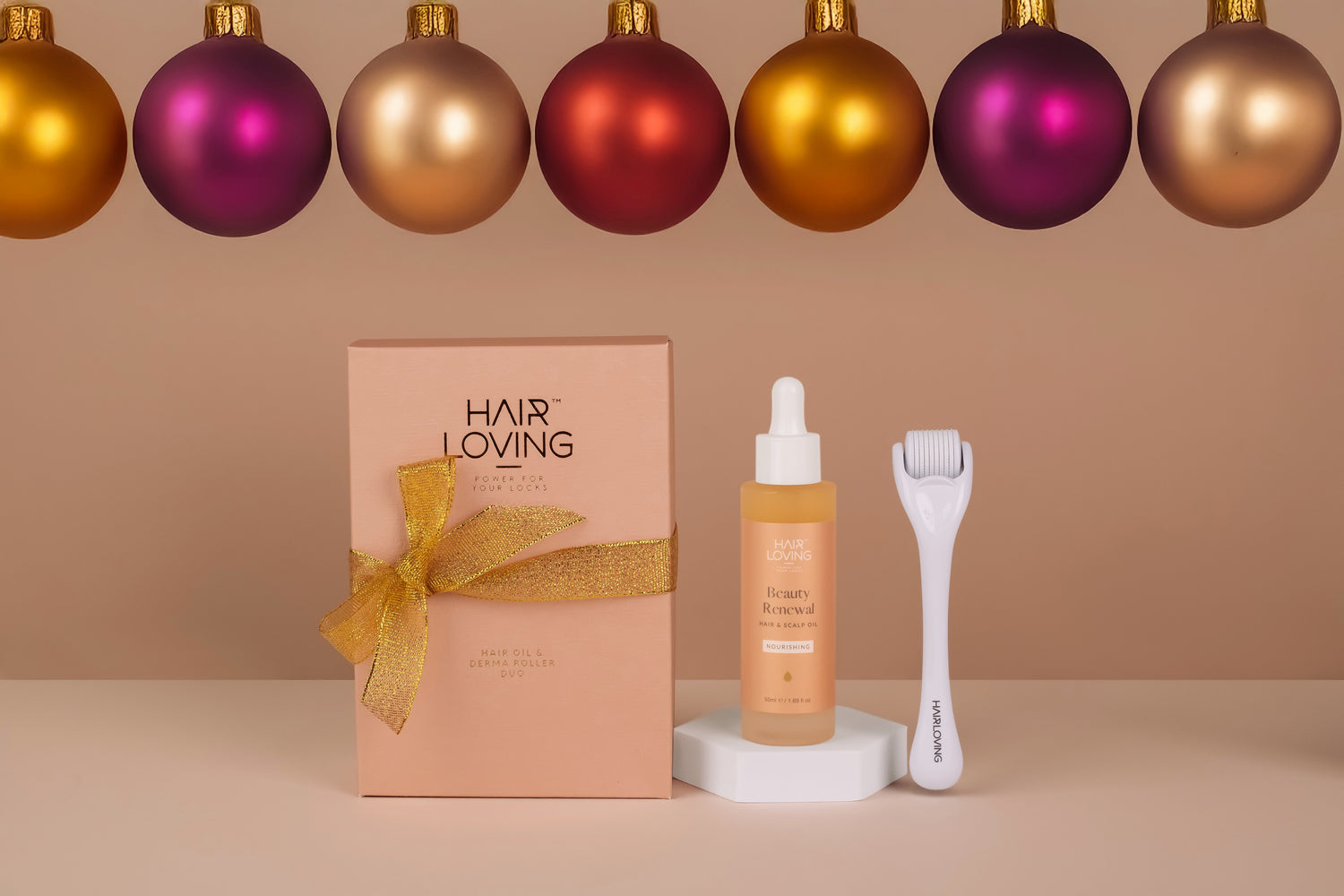Welcoming a new life into the world is a joyous occasion, but the postpartum period comes with its own set of challenges, including changes in your hair. Many new mothers experience shifts in hair texture, volume, and even hair loss during this time. Understanding the causes and implementing strategies for promoting healthy hair growth can help you navigate this phase with confidence.
Understanding Postpartum Hair Changes:
1. Hormonal Fluctuations:
- During pregnancy, elevated hormone levels can lead to thicker, fuller hair.
- Postpartum, hormonal fluctuations occur as your body adjusts, potentially leading to hair shedding or thinning.
2. Telogen Effluvium:
- This common postpartum hair condition is characterized by a shift of hair follicles into the resting (telogen) phase, resulting in increased hair shedding.
- Telogen effluvium typically peaks around three to six months after childbirth.
3. Nutrient Depletion:
- Pregnancy places increased nutritional demands on the body, and postpartum, nutrient levels may take time to normalize. There are an array or collagen and vitamin based supplements out there such as those from the brand Edible Health
- Inadequate nutrition can contribute to hair loss, emphasizing the importance of a balanced diet.
Promoting Healthy Hair Growth Postpartum:
1. Balanced Nutrition:
- Ensure a diet rich in vitamins and minerals, including biotin, iron, zinc, and vitamins A, C, and E. The Holland & Barratt range is exceptional and trustworthy.
- Consider consulting with a healthcare professional for personalized dietary recommendations.
2. Gentle Hair Care:
- Use mild shampoos and conditioners to avoid further stressing fragile postpartum hair.
- Be gentle when detangling to minimize breakage.
3. Stay Hydrated:
- Proper hydration is vital for overall health, including the health of your hair.
- Drinking an adequate amount of water supports hair growth and helps maintain hair elasticity.
4. Manage Stress:
- Chronic stress can exacerbate postpartum hair loss.
- Incorporate stress-reducing activities like meditation, yoga, or walks into your routine.
5. Postpartum Haircuts:
- Consider getting a haircut that is easy to manage and embraces your hair's natural texture.
- A shorter style can create the illusion of fuller hair while promoting a fresh start.
In conclusion, postpartum hair changes are a common yet temporary part of the new motherhood journey. By understanding the underlying factors and adopting a holistic approach to care, you can promote healthy hair regrowth. Remember, patience is key as your body adjusts, and with time and self-care, you'll likely see your hair regain its vibrancy and strength.





